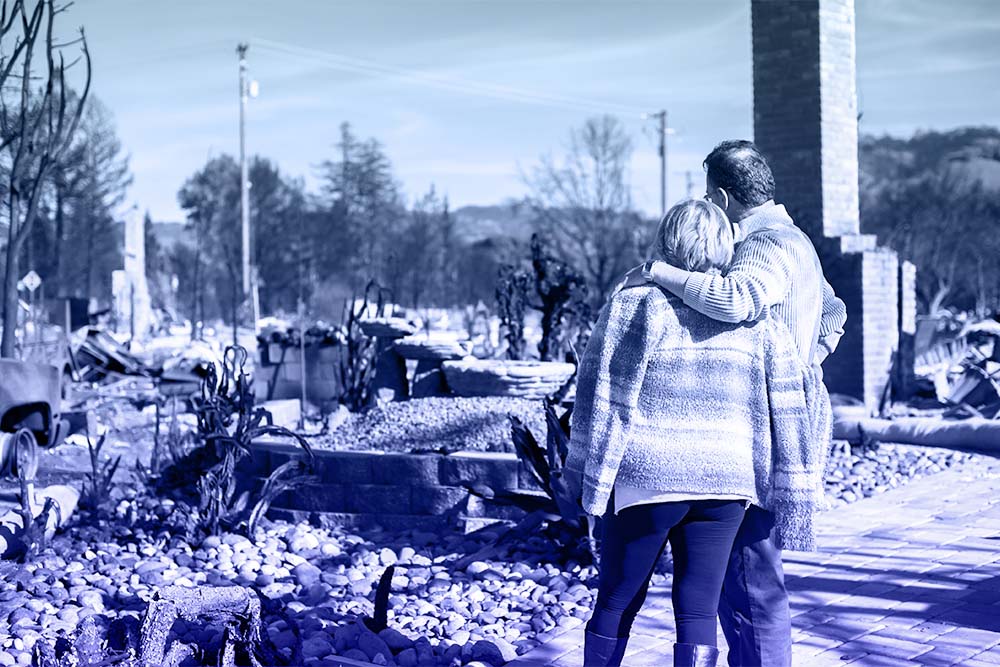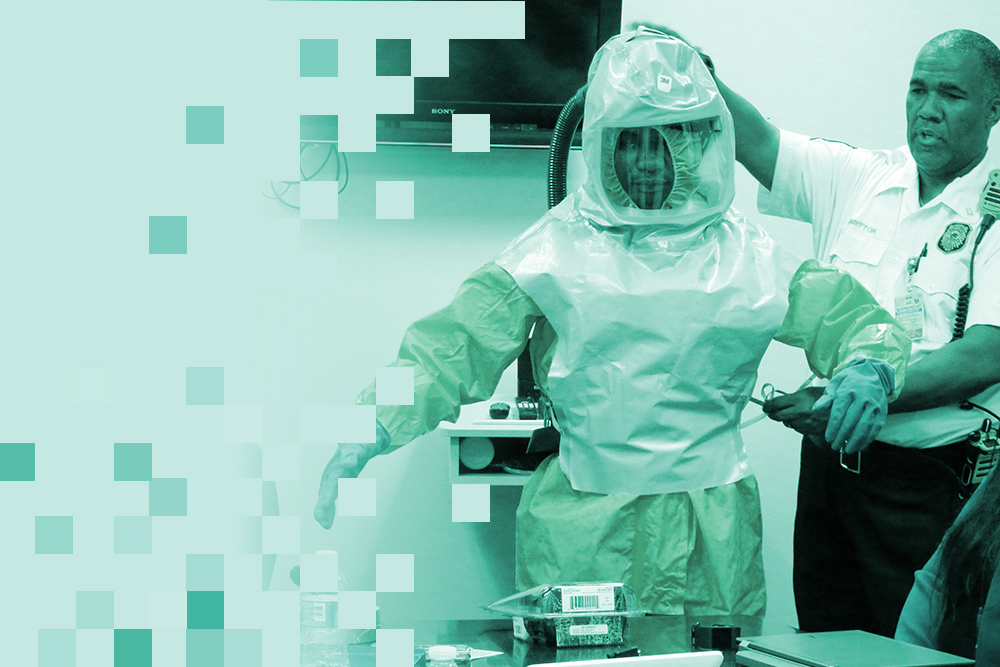PACES in Epilepsy prepares facilitators to recruit and lead the PACES intervention in their community. This online guide provides facilitators with tutorials and resources to help participants successfully complete the 8-week epilepsy self-management course.
Estimated time to complete: 4 hours

Many public health workers are confident in their ability to handle the physical tasks involved in responding to a disaster, but what about the psychological challenges? In this one-hour online course, Randy Beaton, PhD, EMT discusses the psychological phases of a community-wide disaster, common patterns of immediate and long-term public response, mental health risks that rescue workers and victims face, signs that might indicate that a survivor needs a mental health evaluation, and the importance of local preparedness. The course bases its case studies on Washington State agencies and plans.
Estimated time to complete: 1 hour

The Program to Encourage Active, Rewarding Lives (PEARLS) is a national evidence-based depression treatment program for older adults and adults with epilepsy. PEARLS integrates two proven person-centered strategies (Problem-Solving Treatment and Behavioral Activation) that can be tailored to meet the unique, individual needs of each person you serve. We created PEARLS over 20 years ago and continue to follow our steadfast mission to partner with organizations like yours to adopt, deliver, and sustain effective depression care for older community members.
The PEARLS Coach Training modules are a comprehensive series of lessons that explore the key elements of the PEARLS intervention, the research behind the program, adaptations that have been made, and how to successfully implement PEARLS at your organization. This online teaching experience provides didactic instruction in an engaging audio/visual format combined with demonstration videos, periodic quizzes, and a virtual practice session to help reinforce your learning.
Cost: $400 per person through July 31, 2022 (standard rate will be $500 per person)
Estimated time to complete: 8 hours
Continuing Education Units (CEUs): Not available at this time
Register here for the PEARLS Coach Training.

This PEARLS Trainer Course will prepare you to train future PEARLS coaches. PEARLS Trainer Training is offered based on interest and need, usually once per 1-2 years. To be eligible for the PEARLS Trainer Training, you must have completed PEARLS Coach Training and graduated at least 10 PEARLS participants.
This is a closed course for invited participants only.

This PEARLS Train-the-Trainer Course will prepare you to train future PEARLS coaches. PEARLS Train-the-Trainer training is offered based on interest and need, usually once per year. To be eligible for the PEARLS Trainer Training, you must have completed PEARLS Coach Training and enrolled at least 10 PEARLS participants.
This is a closed course for invited participants only.

In this module, we’ll take a deeper look at what stress is, what causes it, and what we can do about it. We’ll explore the effects it can have on us, our colleagues, and our communities. We’ll also explore the idea of resilience — our ability as individuals, organizations, and communities to adapt and recover in spite of very difficult conditions. Finally, we’ll look at some key ways that we can build resilience in both our lives and workplaces.

In this module, we'll look at three themes related to stress and the workplace. First, we will explore the stressors that can occur during the stages of disasters and public health emergencies. We will then look at how these stressors affect the public health workforce. Finally, we’ll consider strategies that organizations, teams, and individuals can use to support resilience.

In this module, we'll look at the role that resilience plays in preparedness. First, we will consider the Ecological Model of Preparedness and its application to individuals, teams, and organizations. Then, we will explore the concept of baseline resilience and consider ways to maintain and restore resilient baselines within team cultures. We will then examine four different coping strategies and their relationship to stress and resilience. Finally, we’ll look at preparedness strategies that teams, organizations, and communities can use to respond resiliently to disaster and emergency scenarios.

Often, disasters strike without warning, leaving many survivors feeling anxious and upset. Others may have difficulty thinking or making decisions. As a responder, do you know how to help survivors with their emotional needs? After completing this one-hour online course, you will be able to anticipate the reactions of disaster survivors, identify those people at risk, and know how to connect survivors to appropriate resources.
Estimated time to complete: 1 hour

Stress Reduction Training for Telecommunicators is a course that was designed specifically for 9-1-1 telecommunicators. It is adapted from trainings that have proven helpful for police officers, fire-fighters and many other groups. This course is intended to be completed over seven weeks.The training each week consists of a short video that introduces week's theme, some information to read, and audio-guided stress reduction practices.
After enrolling in this course, you will receive a welcome email and two additional emails each week with helpful information and tips for completing that week's exercises.
Estimated time to complete: 7 hours over a period of 7 weeks

This training series introduces learners to upstream prevention efforts in suicide prevention, with an emphasis on community engagement and data-informed decision making. After completing a lesson on approaches to suicide prevention in public health, you will work through three modules on mental health and suicide prevention, building prevention partnerships, and approaches to injury and violence prevention.
Estimated time to complete: 3 hours
